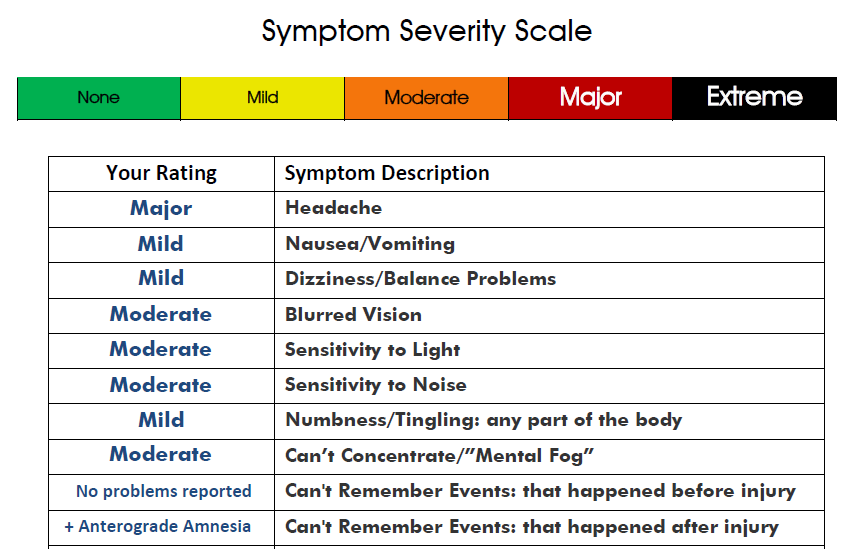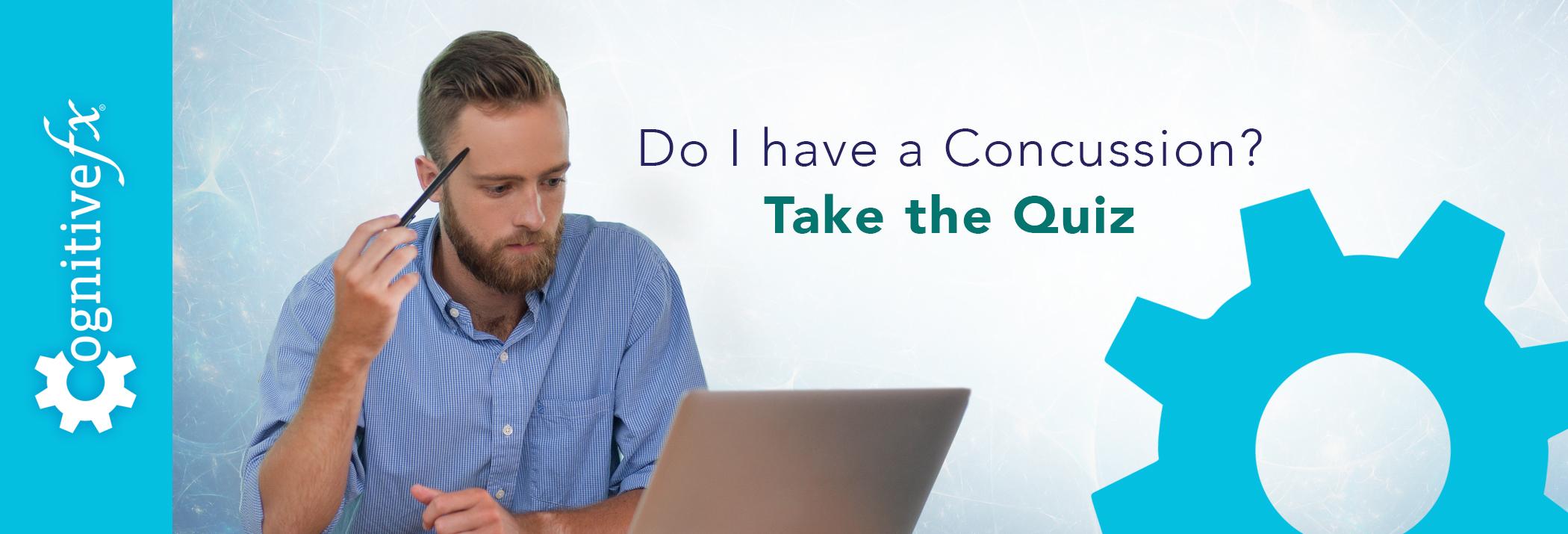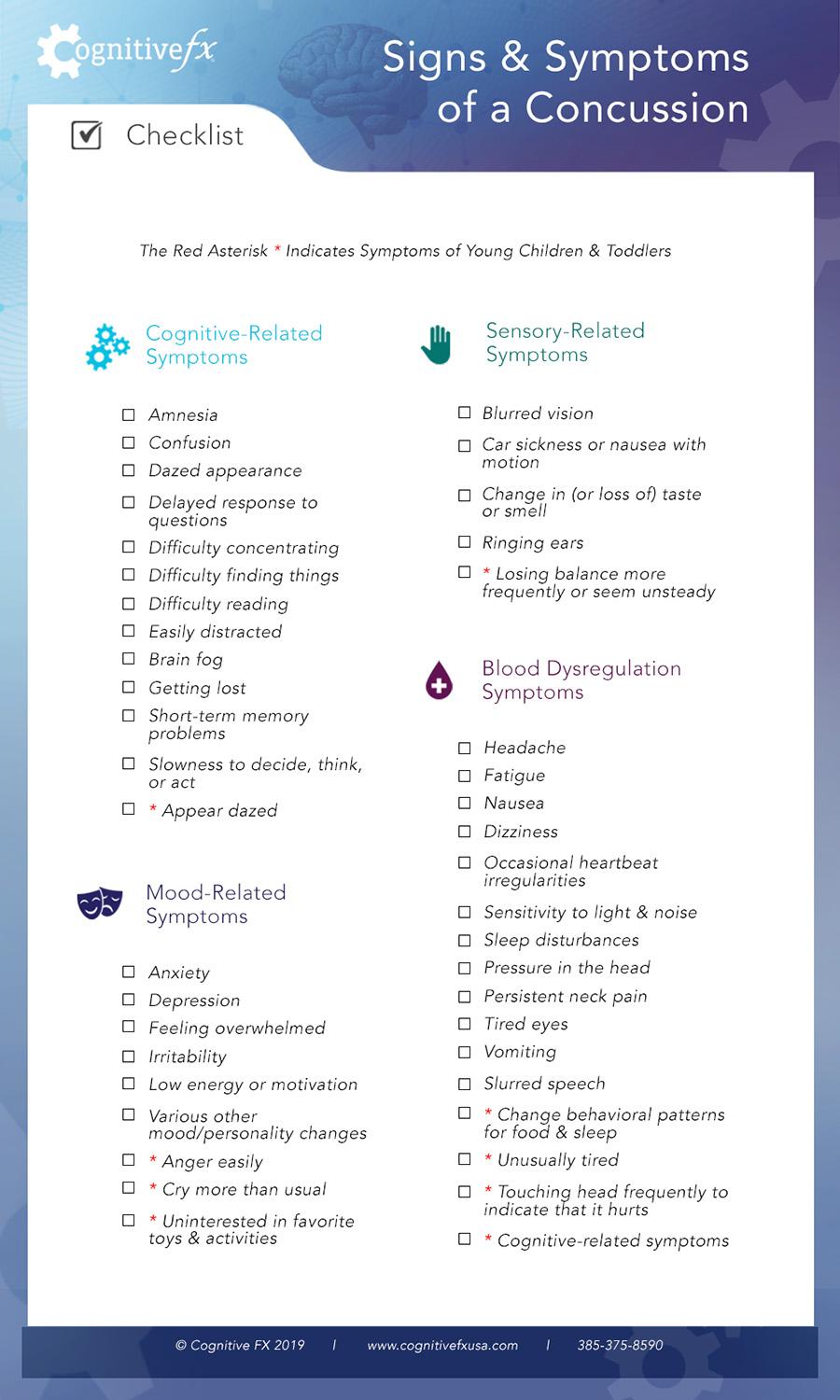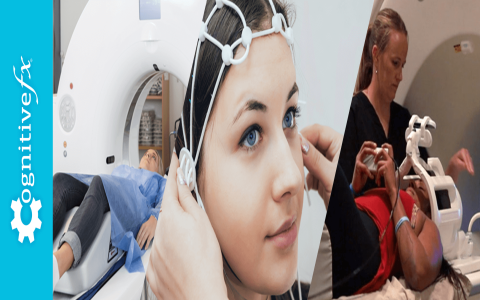How Do You Know If You Have a Concussion Quiz?
Concussions are a growing concern in our increasingly active world, particularly for athletes and those engaged in contact sports. Understanding whether you may have a concussion is crucial, as symptoms can sometimes be subtle yet impactful. This article aims to provide clarity on recognizing concussion symptoms through an engaging quiz format that prioritizes self-awareness and safety.

What is a Concussion?
A concussion is a type of traumatic brain injury caused by a bump, blow, or jolt to the head, which can disrupt normal brain function. Symptoms vary widely among individuals but often include headaches, confusion, dizziness, and sensitivity to light or noise. Recognizing these symptoms early is essential to prevent further complications.
Recognizing Key Symptoms
The first step in evaluating a potential concussion is being aware of its symptoms. Here are common indicators to watch out for:
- Headaches: A persistent headache can be the most immediate sign of a concussion.
- Dizziness or balance problems: If you feel unsteady or disoriented, it may signal a concussion.
- Nausea: This can accompany other symptoms, signaling that something might be wrong.
- Sensitivity to stimuli: Increased sensitivity to light or noise can impede daily activities.
- Cognitive issues: Difficulty concentrating or memory lapses can indicate brain disruption.
Consider these signs as you take a self-assessment quiz. Answering honestly will help gauge your situation.
The Concussion Self-Assessment Quiz
To determine if you may have a concussion, reflect on the following questions:
- Have you experienced any recent head trauma or injury?
- Are you experiencing headaches that won’t go away or have changed in intensity?
- Do you feel more confused than usual, or find it hard to concentrate on tasks?
- Have you noticed any changes in your balance or coordination?
- Are you unusually sensitive to light or sound?
- Have you experienced nausea or vomiting following a head injury?
- Do you feel unusually fatigued or sleepy?
- Have you noticed any changes in your mood or personality after the injury?
- Is there a ringing in your ears that wasn’t there before?
- Have you experienced slurred speech or difficulty with communication?
If you answer "yes" to several of these questions, it’s advisable to seek medical evaluation promptly.

Taking Action
In the event of a suspected concussion, it’s critical to take the next steps seriously. Avoid any activities that may risk further head injury, such as sports or strenuous exercise. Rest is vital, as it allows your brain to heal. Consult a healthcare professional as soon as possible for a thorough evaluation.
Understanding Recovery
Recovery times can vary widely. Some individuals may feel better within days, while others may take weeks to return to their normal routines. Always follow a healthcare provider’s guidelines regarding return-to-play protocols to ensure complete healing and reduce the risk of second-impact syndrome, which can be serious.
Seek Support
A concussion can also impact emotional and mental well-being. Reach out to friends or family members for support during your recovery. Engaging in light activities, avoiding screens, and practicing mindfulness may also aid in recovery.
Final Considerations
Taking a self-assessment quiz is a proactive way to gauge your risk of having a concussion. By being aware of the symptoms and understanding the importance of prompt medical evaluation, you can prioritize your health and safety. Remember, the brain is a delicate structure; don’t hesitate to seek help if you suspect an injury.

Monitoring your health is essential, and knowing how to recognize potential concussions can make a significant difference in your recovery. Staying informed and responsive to your body’s signals will empower you in navigating your well-being effectively.



